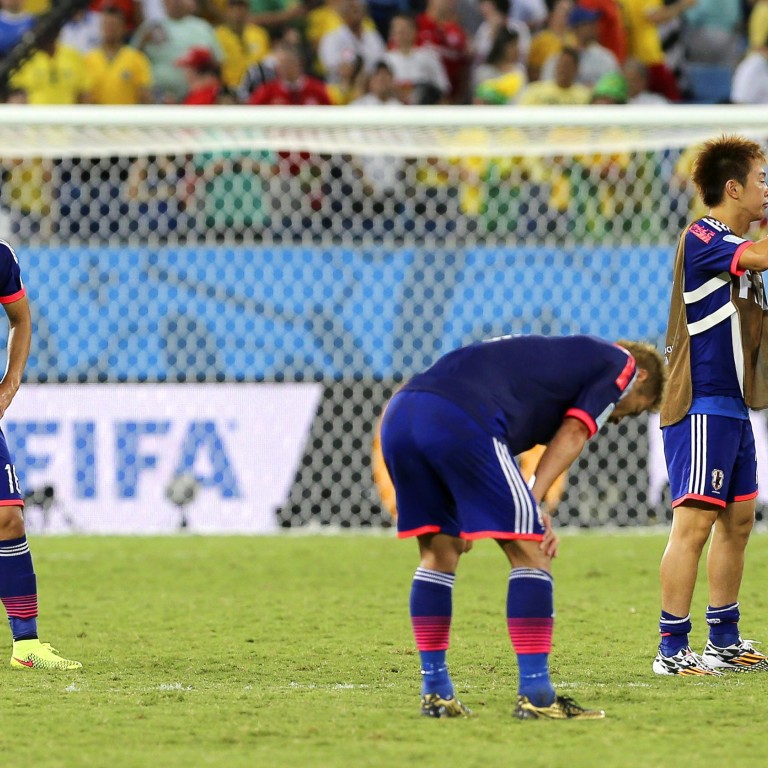
Soccer-mad Asia falls short again in World Cup
Thanks to the suspension of a player for biting an opponent, theatrical feigning of injury that plagues the sport and disrespectful behaviour towards referees, there may be cause to reflect during this World Cup on the description of soccer as "the beautiful game".
Thanks to the suspension of a player for biting an opponent, theatrical feigning of injury that plagues the sport and disrespectful behaviour towards referees, there may be cause to reflect during this World Cup on the description of soccer as "the beautiful game". But any argument about whether it is the world game is confounded by an enigmatic piece of trivia as the tournament advances to the elite round of 16 - the teams who will fight it out for the World Cup in play-offs climaxing in the final two weeks from today. The puzzle is that even though Asia, home to half the world's population and to hotbeds of soccer fever including China, will not have a team among the 16, Asians will still account for a slab of the global audience. That meets the definition of world game.
But how much more of a world game it would be if Asia had at least one representative - with due respect to the footballing wizards of Europe and South America. In that sense it is lamentable. But it has always been more or less so. This year four teams from the Asian qualifying region - Japan, South Korea, Australia and Iran - qualified among the 32 teams that went to Brazil but failed to advance to the last 16. In 2010 Japan and South Korea advanced but did not make the quarter finals. In 2006 Australia also made the last 16 and were knocked out. In 2002 Japan and South Korea advanced in a tournament they jointly hosted, with the latter reaching the semi-finals, and China made its first and only appearance at the World Cup.
Venue plays a part, with countries from the host continent or region tending to do well. African teams do better than Asian ones, perhaps because more of their players take part in top European leagues. The next World Cup is in Russia, which does not bode well for Asian countries. Perhaps a way forward in the long run lies in Asia pushing for more exposure of teams and individuals to top foreign competition - in the case of China's players, outside the rigid state sports system, in much the same way as tennis grand slam winner Li Na reached the top. After all, winning teams are built around individual stars.

